On an industrial estate in Slough, an enterprising British company called Ceramex is cleaning and refurbishing up to 1000 diesel particulate filters (DPFs) a week for many leading truck and car makers.
Business is good, says Marcus Beament, its head of sales: “We’re a tier-one supplier to major OEMs who have realised that cheaper cleaning methods are not always the most effective.”
It sounds like a sales pitch but proof of Ceramex’s success is all around me, not least in the shiny new production line that cost more than £2 million to build and which features the firm’s unique Xpurge system that cleans and returns the used DPFs to near-new condition.
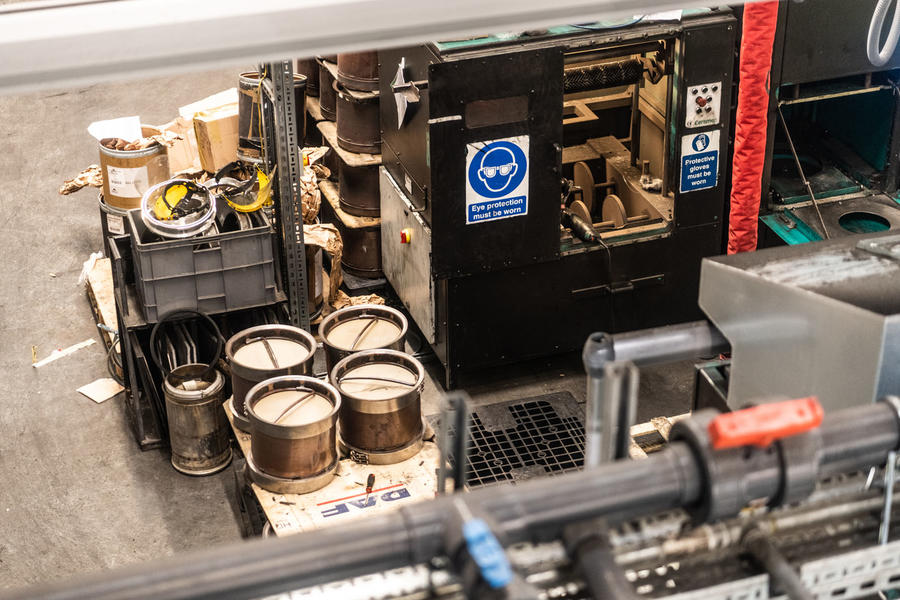
A DPF’s job is to capture the microscopic particulates, or soot, in a diesel engine’s exhaust. These can clog up the DPF but how quickly they do so depends on things such as whether the engine uses oil with low Saps (sulphated ash, phosphorous, sulphur), the condition of the injectors, glow-plugs, EGR valves and turbo, the complex algorithms overseeing everything and, apparently, the vehicle owner’s style of driving…
When the quantity of soot reaches critical levels, it’s burned off in a process called regeneration. There are two types: passive and active.
Passive regen takes place automatically but only when the exhaust temperature has reached approximately 600deg C, a level usually achieved on motorways and A-roads when a constant engine speed in excess of 2000rpm can be sustained.
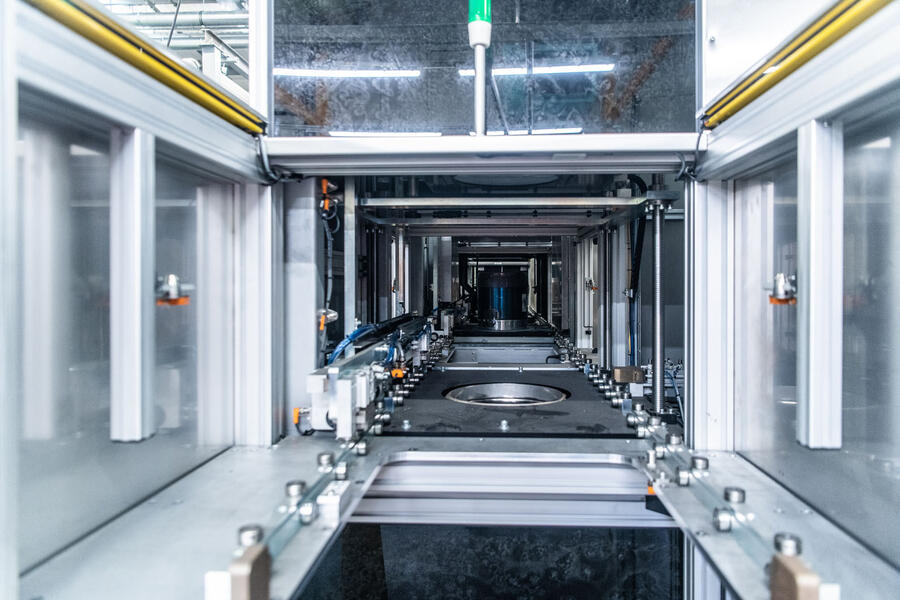

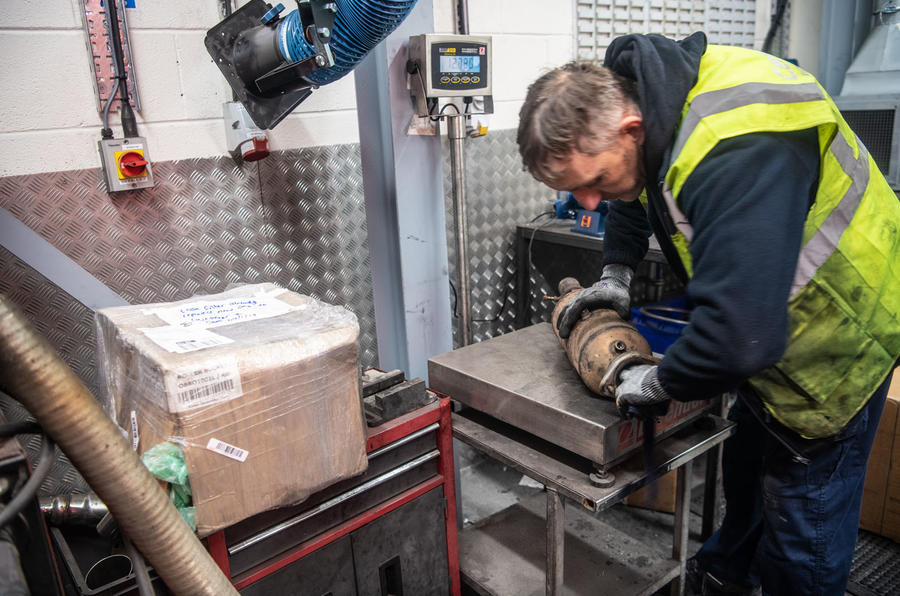

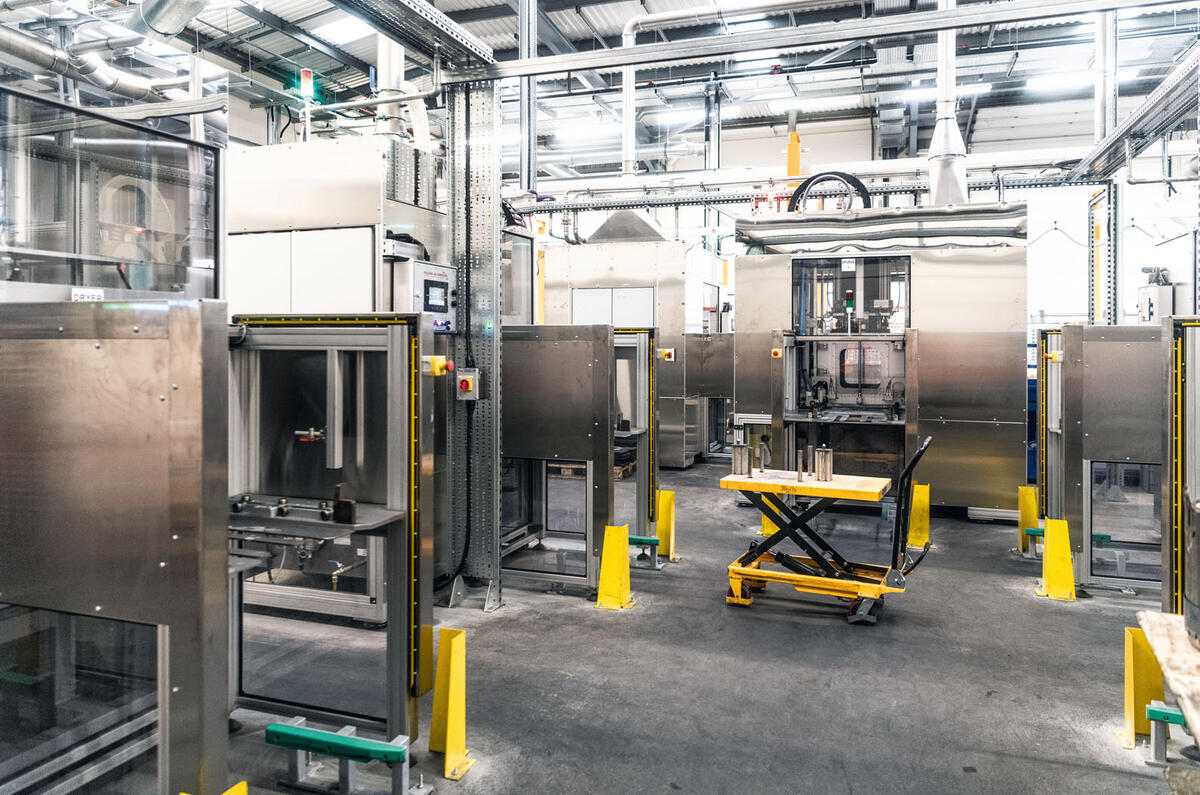






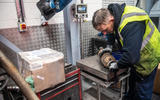









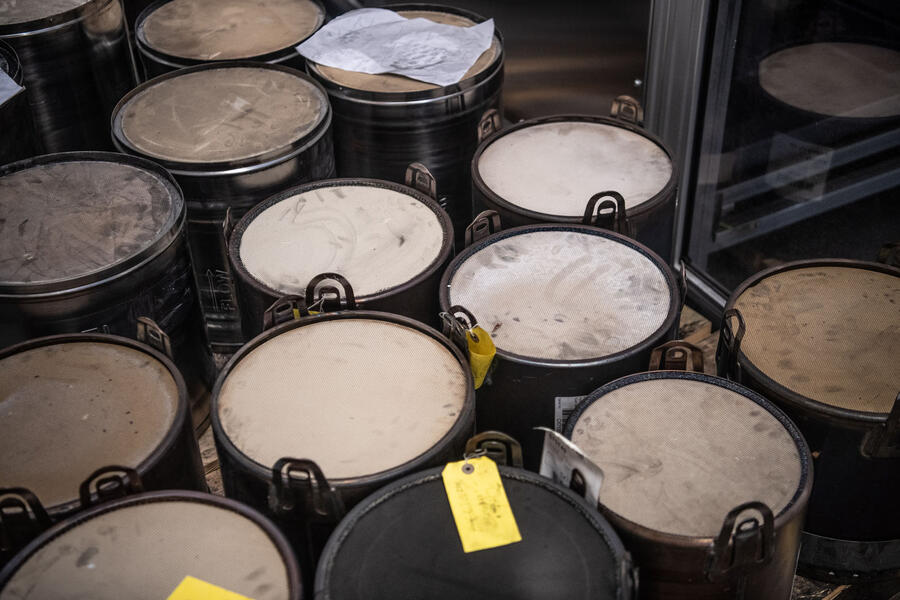
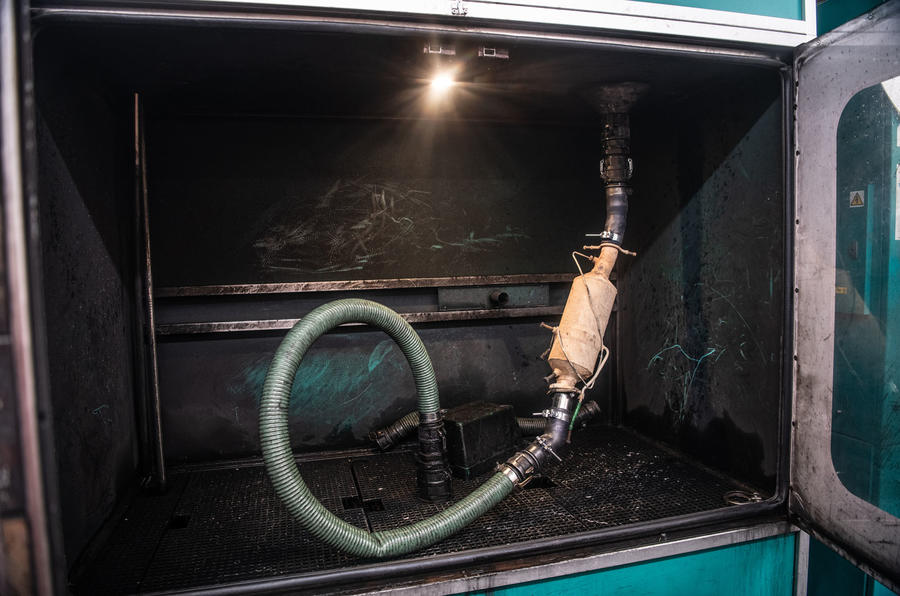
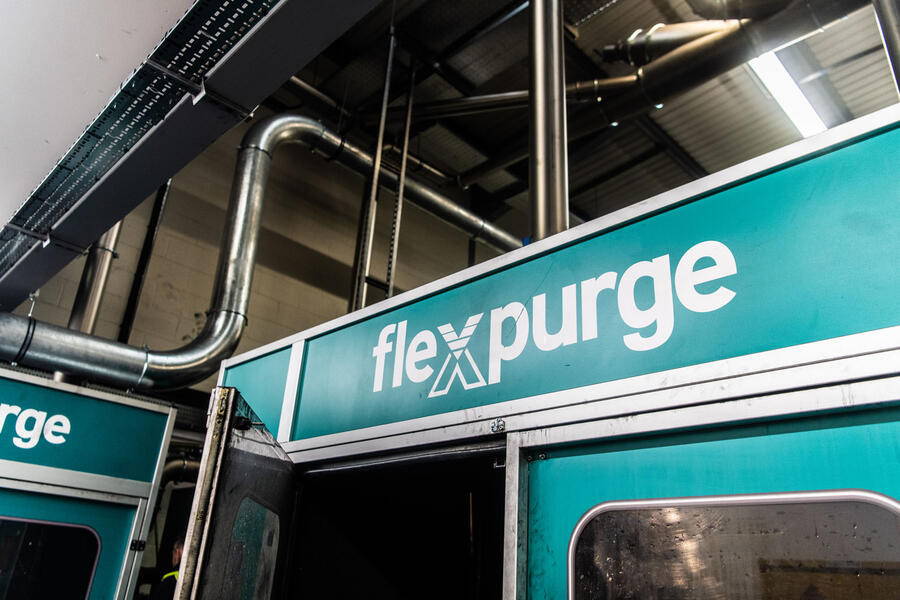
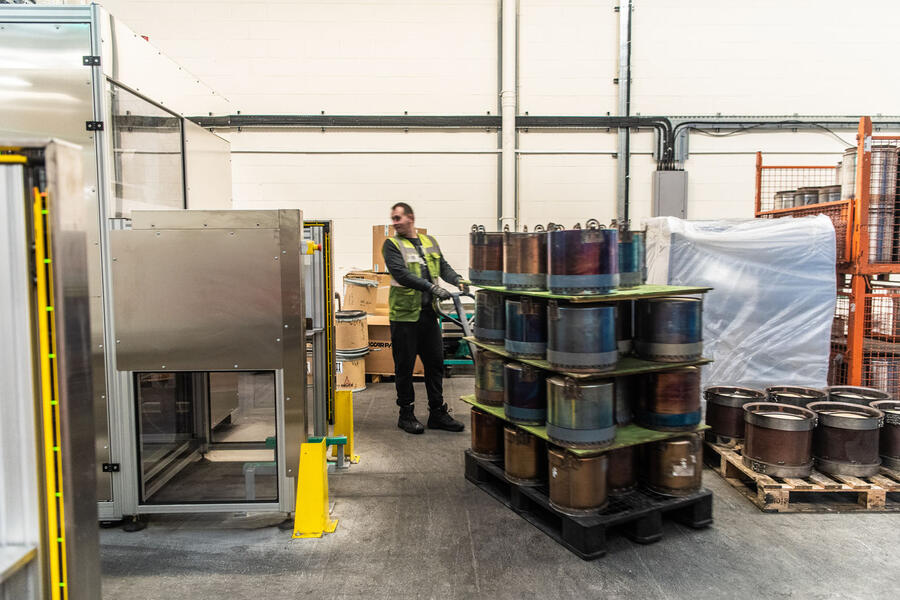


Join the debate
Add your comment
Inherently dirty technology?
To clean up highly polluted urban air, we have to resort to ever more complex mechanisms to trap the pollution caused by Diesel engines.
It’s not surprising that these filters clog up and stop working - the manufacturers are fighting a losing battle against technology that is incurably dirty.
Who's the hypocrite?
Not that I've checked, but I wonder how many folk who've replied so far have blamed Brexit for the troubles at Land Rover and now with Nissan's decision to keep X-Trail production out of Europe?
Apart from diesel proving to be less popular, the above response from JLR not to mention their dismal performance in reliability studies, is more a reason why the company are not performing so well. As for Nissan, well they've actually said diesel is less popular and blame the ever stricker emission laws as reason for not building X-Trail at Sunderland.
But hey, remoaners and Autocar journalists alike won't be interested in any of that.
I'm actually a fan of diesel cars, I think the emission issues are blown out of proportion, but the problem with diesel is that to meet those new emission laws, diesel engines are becoming ever more complicated and therefore expensive.
Well
Given the cost and complexity of DPF, probably great news that the EU has foisted them on petrols now as well.
Oh, wait ...